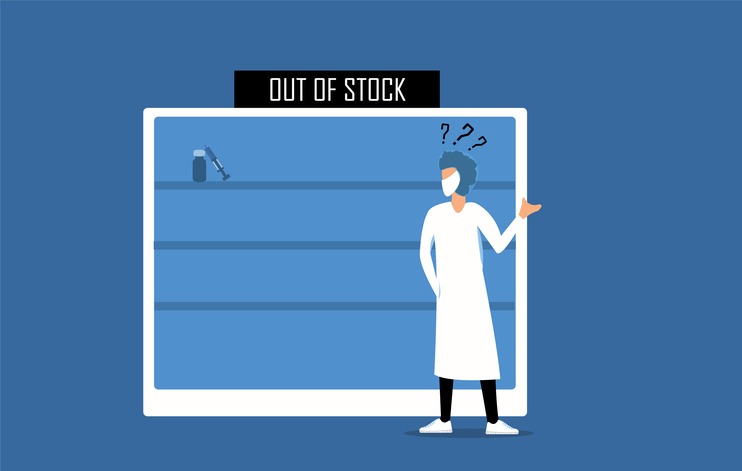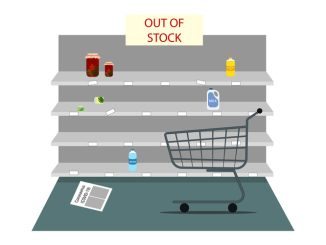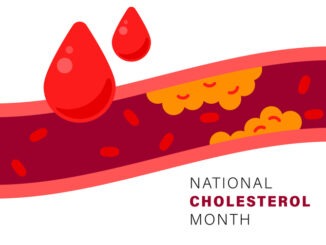As reported by GP Online, a report by the Nuffield Trust reveals frequent disruptions in medicine supplies, costing the NHS an extra £220m due to escalating shortages, exacerbated by Brexit and global instability
Shortages have ramped up medicines costs for the NHS – with price concessions granted when pharmacists report they can’t secure drugs at standard prices – costing an extra £220m in the year to September 2023 alone, the report said.
Problems with medicines supplies in the UK reflect ‘significant problems in the global medicine market’, the report says. But it adds that ‘Brexit has also contributed to difficulties by lowering the value of sterling and removing the UK from EU supply chains’.
Medicines shortages
Brexit is also likely to have a further impact on medicines supplies in future because the UK risks ‘being left out of EU measures to respond by shifting medicine between member states, buying products jointly, and trying to bring manufacturing back to Europe’.
Nuffield Trust Brexit Programme Lead Mark Dayan said: ‘The rise in shortages of vital medicines from rare to commonplace has been a shocking development that few would have expected a decade ago. More and more patients across the UK are experiencing a pharmacist telling them that their medication is not available, it may not be available soon, and it may not be available anywhere nearby. This is also creating a great deal of extra work for both GPs and pharmacists.
‘We know many of the problems are global and relate to fragile chains of imports from Asia, squeezed by COVID-19 shutdowns, inflation and global instability. Officials in the UK have put in place a much more sophisticated system to monitor and respond, and used extra payments to try to keep products flowing.
‘But exiting the EU has left the UK with several additional problems – products no longer flow as smoothly across the borders with the EU, and in the long term our struggles to approve as many medicines might mean we have fewer alternatives available.’
GP workload
The latest warnings over the impact of drug shortages come after GPonline reported last year that medicines shortages had hit a record high, leaving GPs struggling with extra workload and driving anger among patients.
GPonline’s sister website MIMS recorded 180 out-of-stock medicines on 17 October across Britain – a record high since the launch of its drug shortages tracker in 2019 and nearly double the 100 products unavailable at that time.
The Nuffield Trust report warns that before 2016 there were rarely more than 20 price concessions granted per month – but that in late 2022 they ‘peaked at 199 and have remained high ever since’, driving the additional £220m cost to the NHS over the year to September 2023.
The report says there are ‘now over double the number of notifications by drugs companies warning of impending shortages than there were three years ago’, with 1,634 in 2023 compared with 648 in 2020.
It also highlights a slower drugs approval process in the UK compared with the EU. It said: ‘Of drugs authorised in the year to December 2023, 56 drugs authorised in Europe were approved later in the UK and eight have not been approved. Four were approved faster.’
The think tank also warns that Brexit has ‘forced the NHS to rely on ethically dubious sources of migration to shore up its workforce, with recruitment from “red list” countries rising by almost a third in one year’, and warns that life science and medicine regulation is lagging behind the EU.
Professor Tamara Hervey, of the City Law School, said: ‘There is nothing inevitable about this “new normal” where Great Britain is isolated in efforts to manage fragilities in global supply of the products and people we need to run the NHS. It is the consequence of policy choices and those could be different. If the COVID-19 pandemic taught us anything, it is that the world is an interconnected place, and having cordial relations with our near neighbours will help us to deliver the health services our population deserves.’
A DHSC spokesperson said: ‘Concessionary prices can arise for various reasons and cannot be linked to shortages. Our priority is to ensure patients continue to get the treatments they need. There are around 14,000 licensed medicines and the overwhelming majority are in good supply.’




Be the first to comment